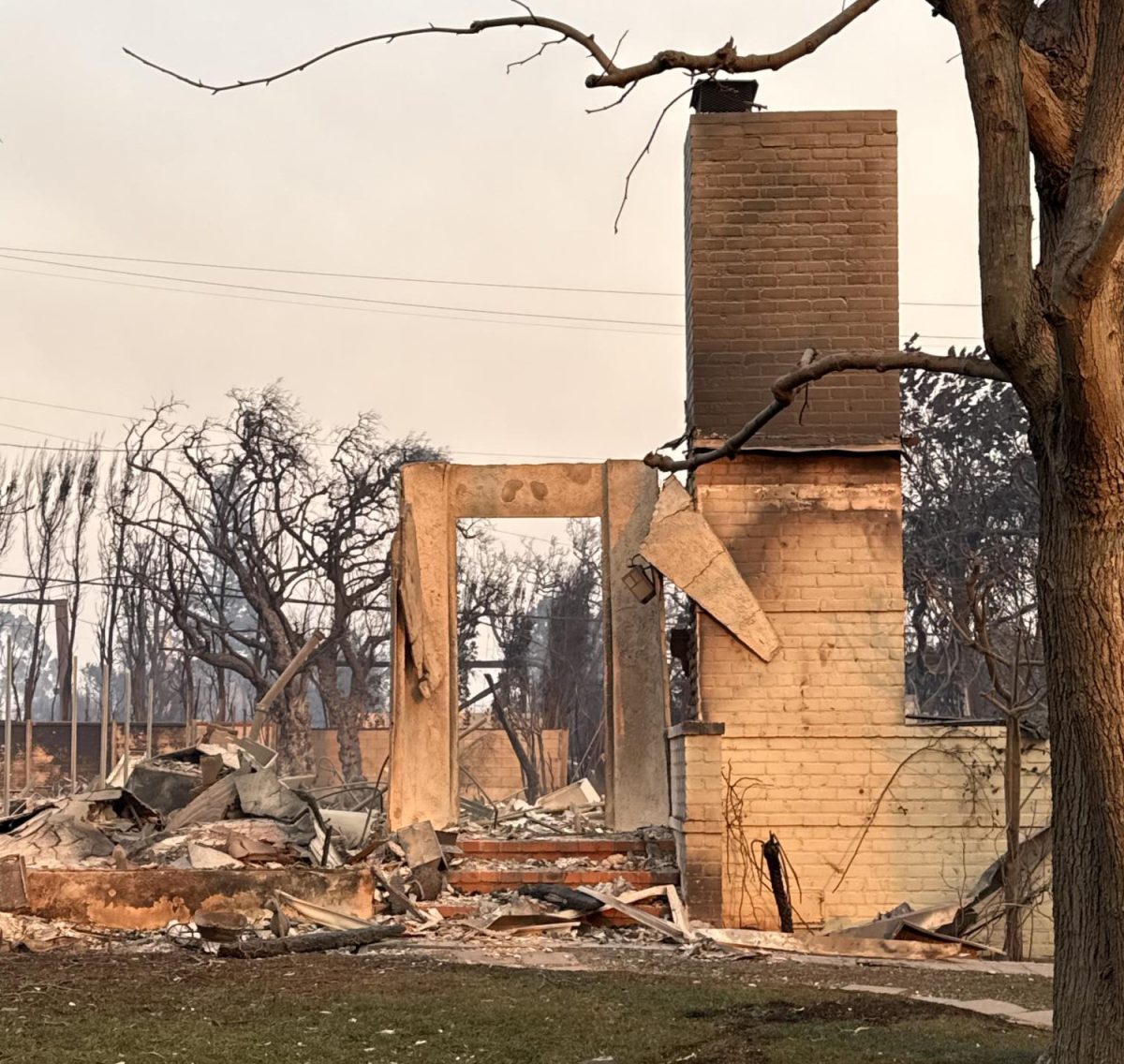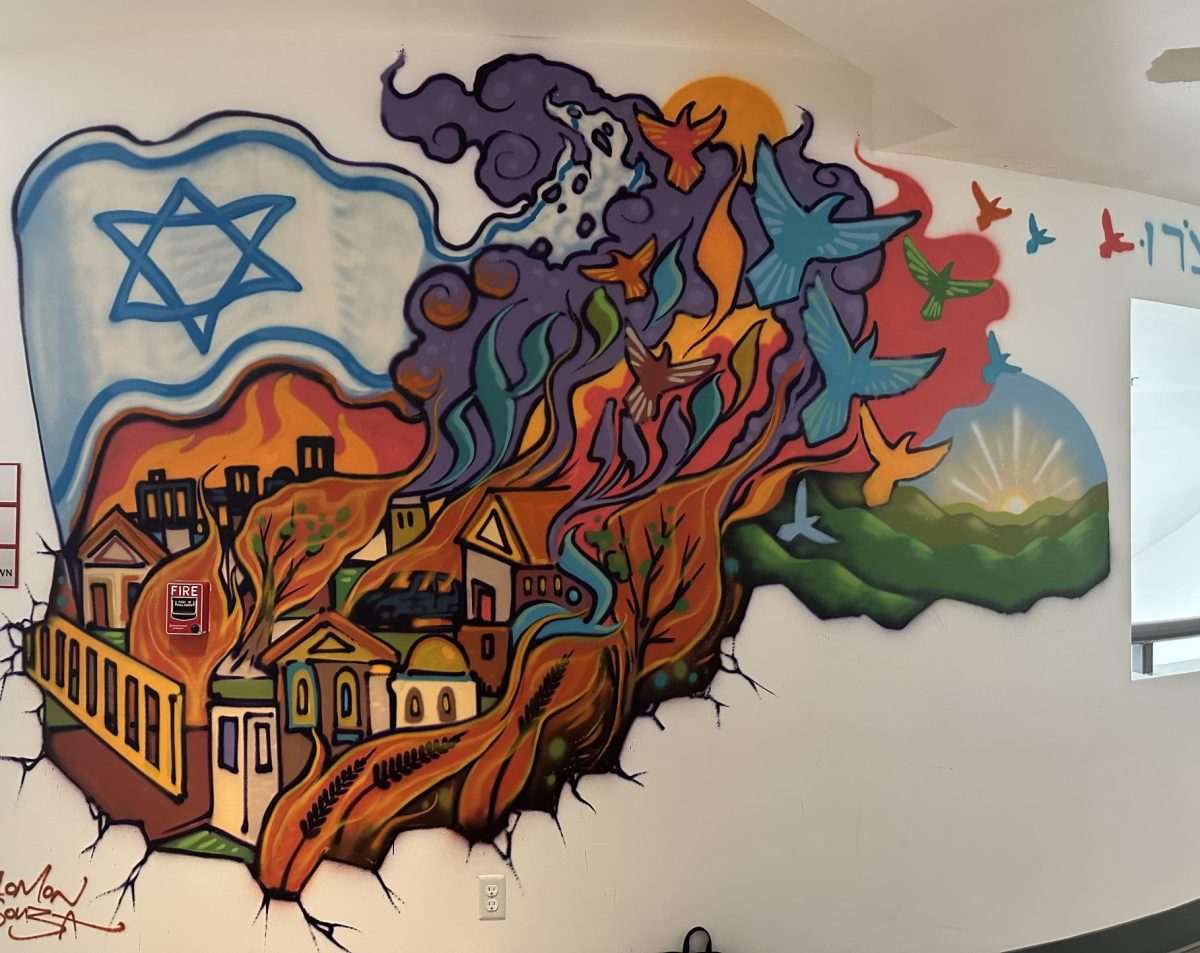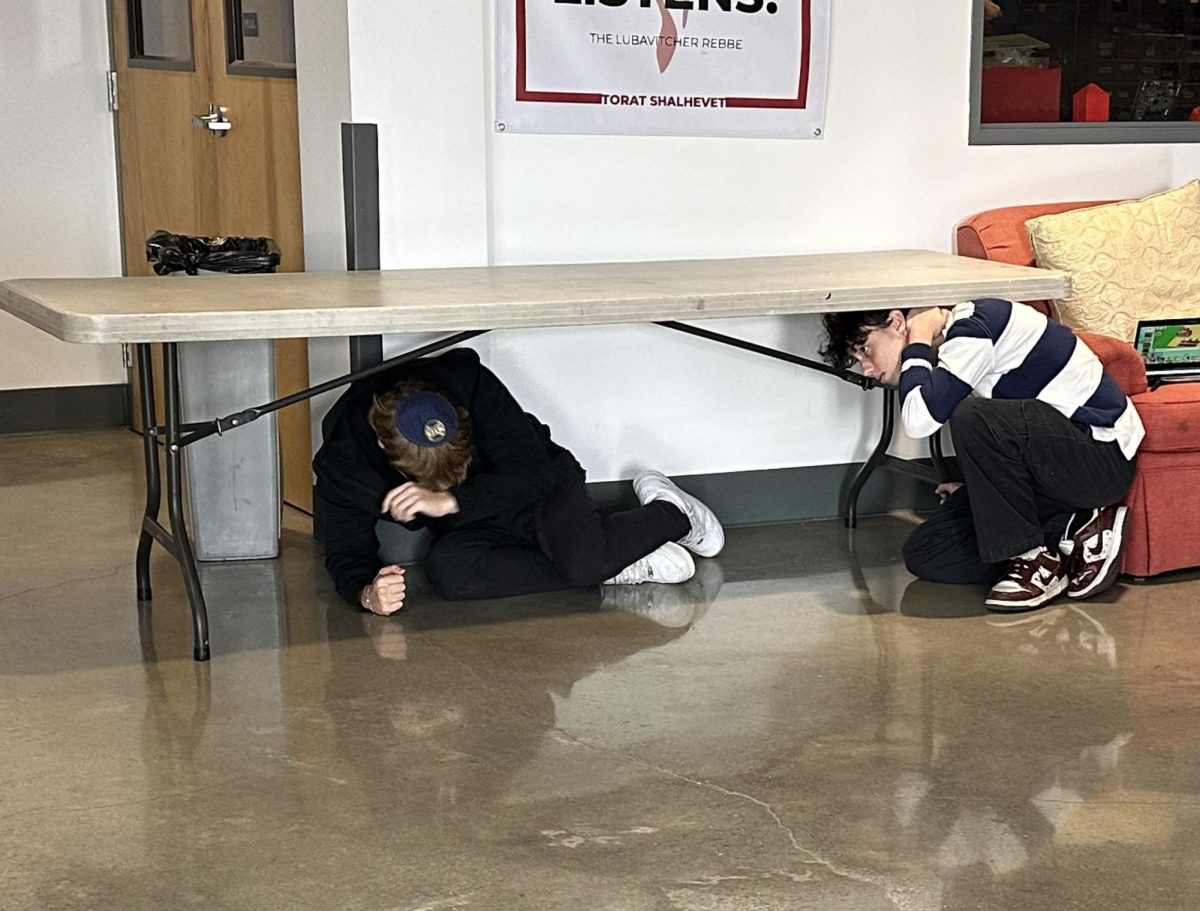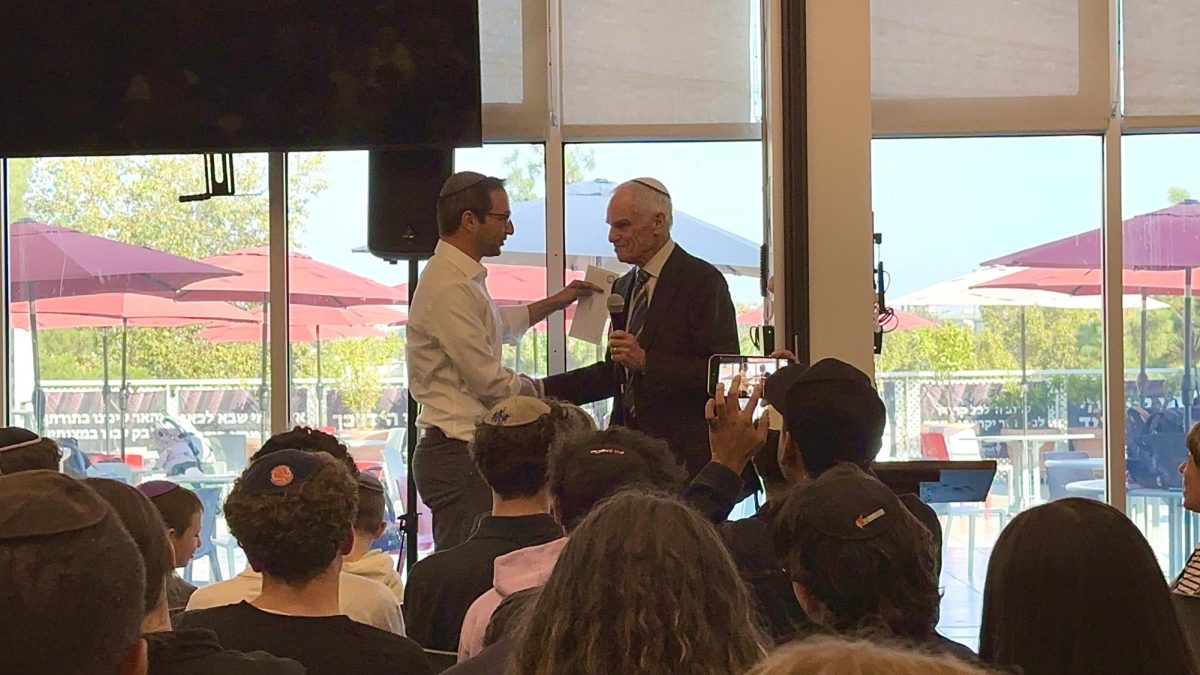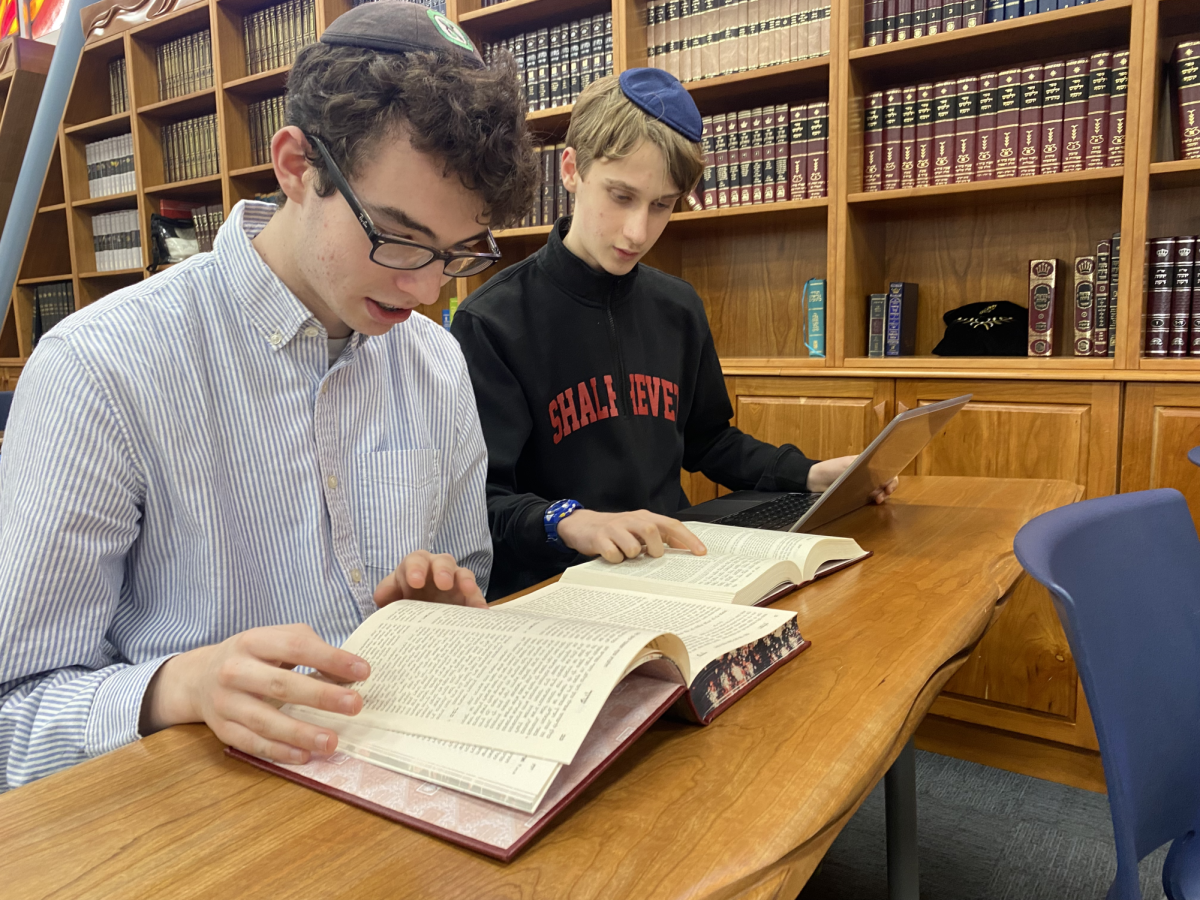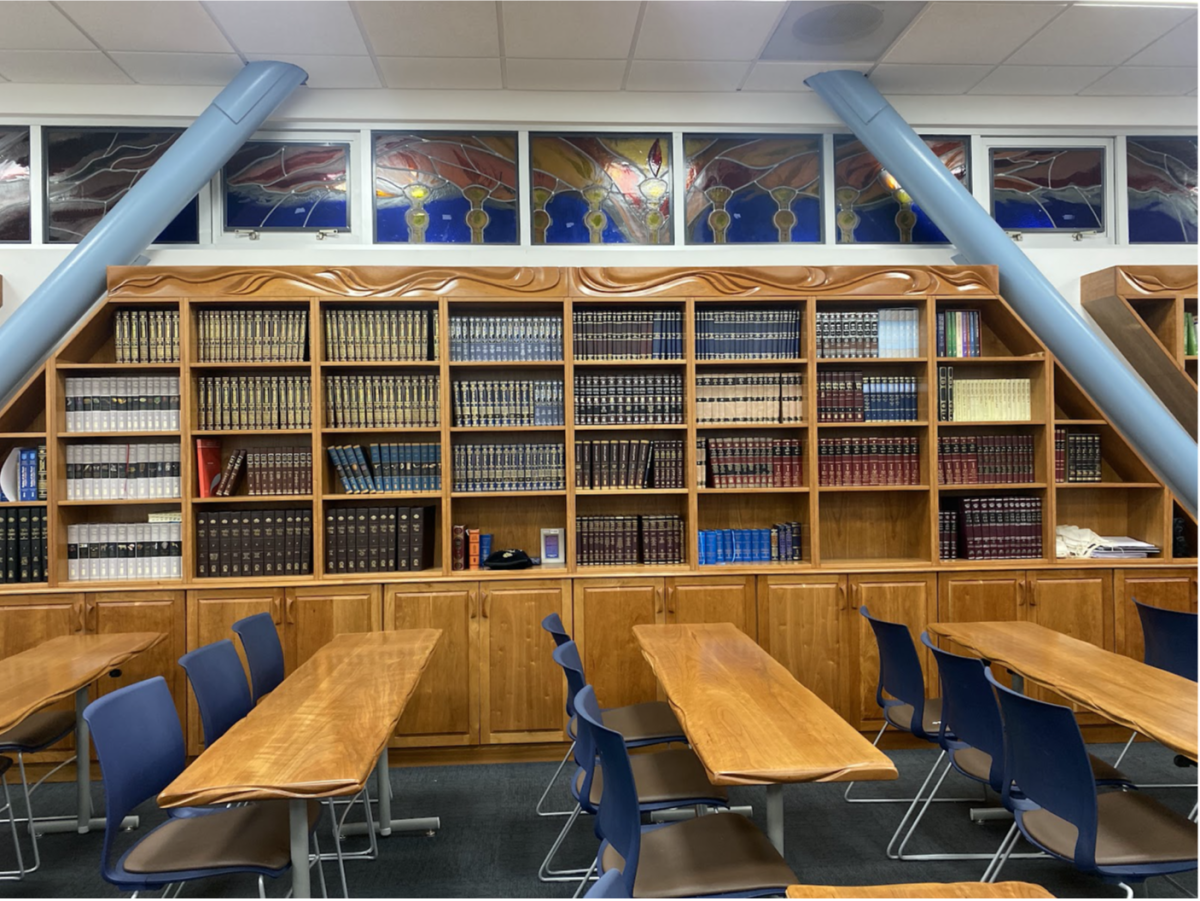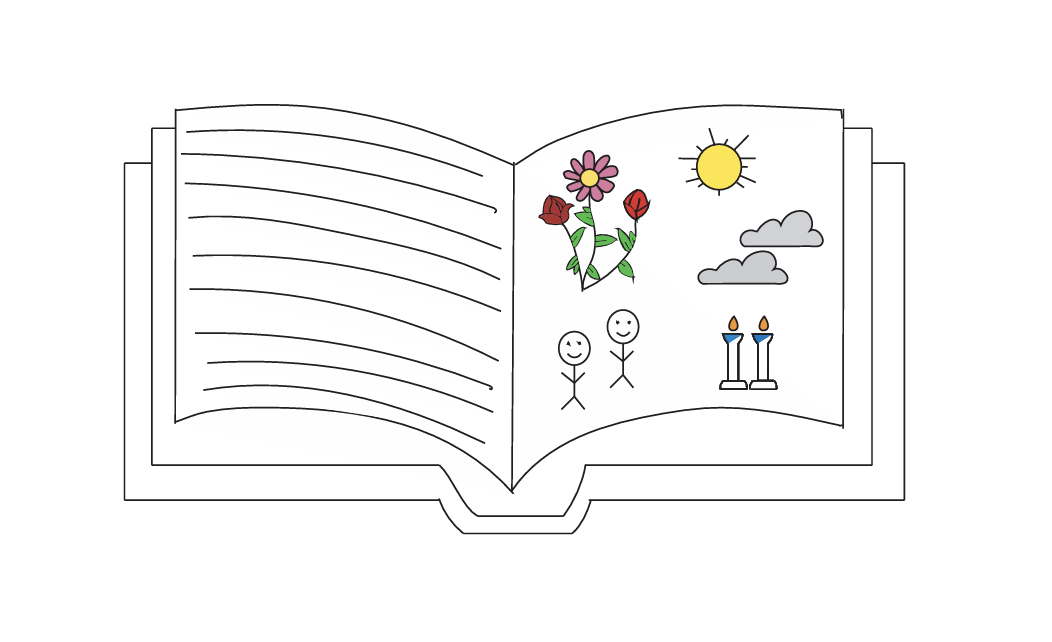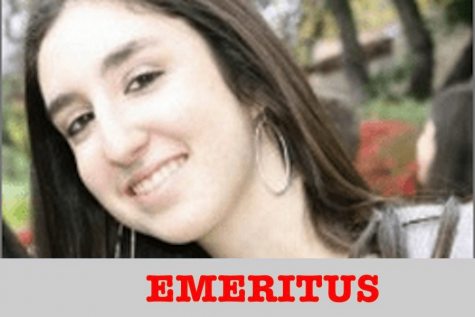Three rabbis and one rebbetzin, whose backgrounds include studies at Harvard, Columbia, Yeshiva University, Stern College and Israeli yeshivot, are among the replacements for five departing Judaic Studies faculty members.
Rabbi Ari Segal, head of school as of August 1, introduced the new teachers in an e-mail sent to the Shalhevet community June 17. Although they are all Modern Orthodox, and all studied at Yeshiva University in New York, the four are different from each other in their interests and in what they’ve studied at and beyond YU.
“We have a diverse group of personalities and hashkafot and that is very intentional,” Rabbi Segal said in an e-mail to The Boiling Point.
“I want our students to find a Judaic teacher with whom they can connect on a personal level. Their purpose, in its simplest form, is to inspire Shalhevet students to embrace their Judaism in their own unique way.”
Most familiar to Shalhevet students will be Rabbi Shmuly Yanklowitz, who spoke at Town Hall in May about the Tav HaYosher “ethical kashrut” certification program. Rabbi Yanklowitz is the founder and president of Uri L’Tzedek, a social justice organization, and also is Senior Jewish Educator at UCLA Hillel.
Rabbi Yanklowitz studied at the University of Texas as an undergraduate and earned a master’s degree in Leadership and Psychology from Harvard Medical School, a second master’s in Jewish Philosophy from Yeshiva University, and rabbinic ordination from Yeshivat Chovevei Torah Rabbinical School in New York, where Rabbi Leubitz received his s’micha.

He then was ordained a second time by Rabbi Shlomo Riskin, the Chief Rabbi of Efrat, and he is now a doctoral candidate in Moral Development and Epistemology at Columbia University.
“As a global social justice educator,” wrote Rabbi Segal in his letter to the Shalhevet community, “Rabbi Yanklowitz has volunteered, taught, and staffed missions in many countries including Israel, Ghana, India, France, Thailand, El Salvador, Senegal, Germany, Ukraine, and Haiti.”
Rabbi Ari Schwarzberg studied ancient Judaism and Christianity at the Harvard Divinity School and recently earned a master’s degree there in theological studies. He received his rabbinic ordination and a master’s in education from Yeshiva University, and over the last few years has been working for NYU Hillel.
“He is an out-of-the-box thinker and educator interested in blending traditional texts and curriculum with his innovative style and methodologies,” wrote Rabbi Segal in his e-mail.
Current Judaic Studies teacher Mr. Noam Weissman knows Rabbi Schwarzberg and thinks he will fit in well.
“He brings a certain amount of intellectual sophistication and is extremely bright and extremely well read,” Mr. Weissman said. “He’s both versed in Torah and mada, and that’s perfect for the Shalhevet student who is always intellectually searching.”
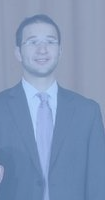
A new husband-and-wife team will also join the staff, Rabbi Tuli and Ruthie Skaist. Ruthie grew up in Chicago and studied at the Tiferet Seminary in Ramat Beit Shemesh for two years after high school. She then graduated cum laude from Stern College for Women with a degree in Fine Arts and Judaic Studies. According to his e-mail, she is also an experienced madricha (youth counselor) and has taught Torah and art to students of different ages, most recently at The Moriah School in Englewood, NJ.
Rabbi Skaist worked as a program coordinator for New York’s NCSY and has worked for Jewish organizations including Camp HASC and the Stollel and Hasbara Fellowships, through which he led missions to Israel for university students training to be pro-Israel activists.
Rabbi Skaist spent two years after high school at Yeshivat Shalavim in Israel and continued learning at Aish HaTorah in Jerusalem’s Old City, Sh’or Yashuv Institute and Yeshiva Univeristy. He has an undergraduate degree in psychology from Touro College in New York, wrote Rabbi Segal.
Although there have been concerns that Shalhevet is losing its religious diversity next year with the loss of Rabbi Richler, Rabbi Feinerman, Mrs. Williams, and Rabbi Sabo and Mrs. Sabo leaving, Mr. Weissman strongly disagrees.
“Modern Orthodoxy is not a narrow street,” Gemara and Tanach teacher Noam Weissman said. “I hope students take advantage of each type of Rabbi.
“To simply paint people as Modern Orthodox and also the same is a very unfair interpretation,” Mr. Weissman said. “Rabbi Schwarzberg is very different than Rabbi Yanklowitz. Rabbi Yanklowitz is someone who focuses on social justice — that’s what he loves and he’s much more into the spiritual and connecting to the heart. Schwartzberg is about the head and rationalization and intellectual sophistication. Ruthie is someone who’s very artistic – she’s brilliant with the arts.”
In an e-mail to The Boiling Point, Rabbi Segal said the recruiting process had been “a real team effort” in which Judaic Studies Principal Rabbi Ari Leubitz had also been involved and both Noam and Raizie Weissman had been involved, helping out with interviews and having meals with them. He said Rabbi Leubitz would finalize what courses they are teaching by the end of the month.
To see Rabbi Segal’s letter to the community regarding the new Judaic faculty click here.

